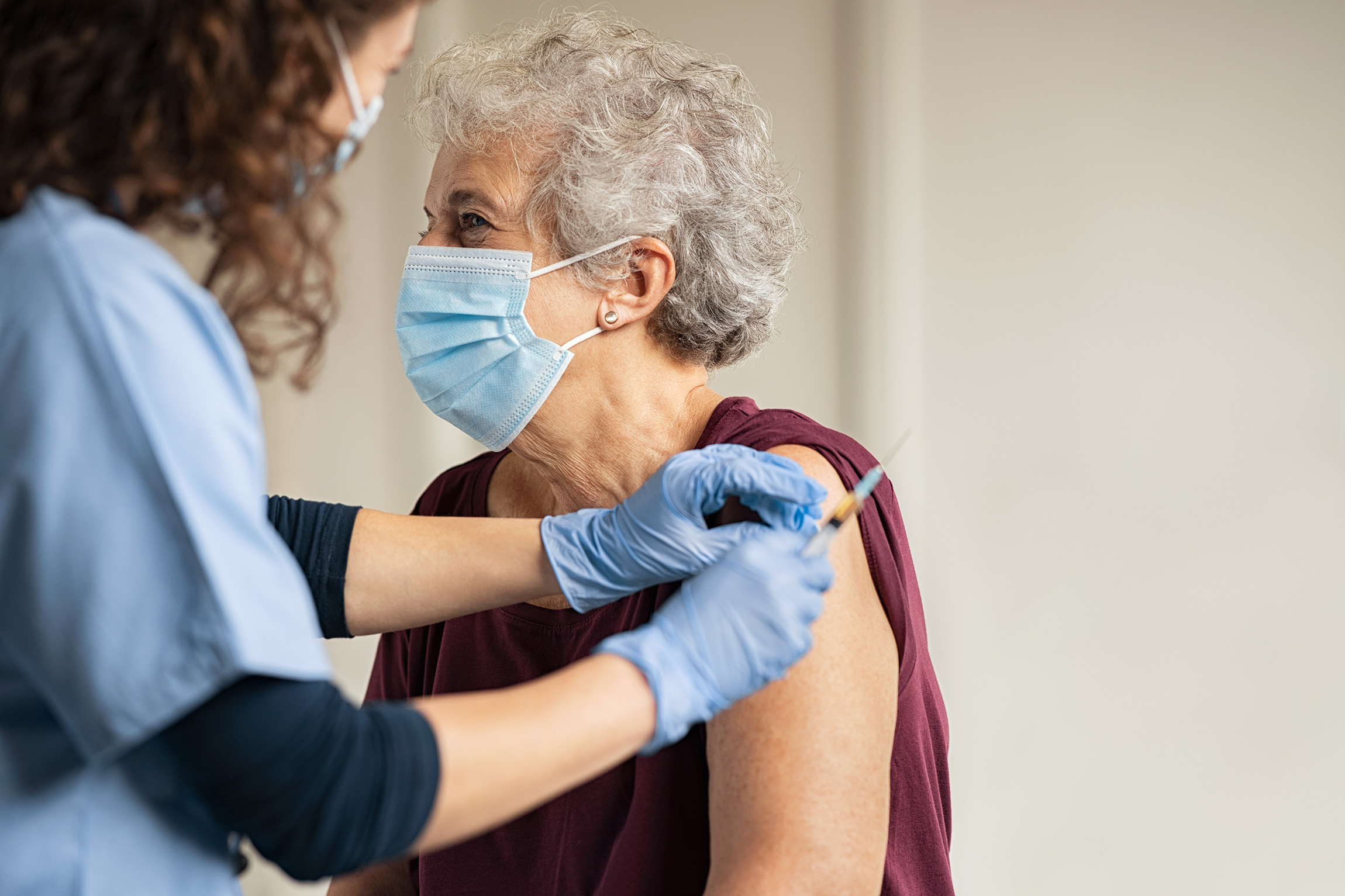As autumn starts to kick in, it’s worthwhile thinking ahead, at least a little bit.
To help you with this, we’re suggesting you consider the following vaccinations to help keep you well throughout the remainder of 2023, and beyond.
- Shingles vaccine. In a previous post, we discussed the shingles, which is the recurrence of the same viral infection that causes the chickenpox (https://atticushealth.com.au/shingles-are-on-the-rise/). There are two vaccines to choose from Zostavax and Shingrix. The good news is, Zostavax is provided free of charge by the Government to anyone 70 – 79 years of age. This program is presently in place until October 2023. Zostavax is generally available at our clinics, with supply sometimes limited. Shingrix requires a prescription for private purchase from your local pharmacy.
- Pneumococcal vaccine. This protects against a bacteria, Streptococcus pneumoniae, which can cause severe pneumonia (a lung infection) or even meningitis (a brain infection). Once again, there are two versions of this vaccine, with one having broader cover. Anyone aged 70 years and over is eligible to receive one dose of the basic cover vaccine. Anyone with other significant risk factors is eligible through the government program to receive two doses of the version with the broader coverage, given five years apart. Both versions of the vaccine are generally available at our clinics, with supply sometimes limited.
- Influenza vaccine. This is a yearly vaccine to protect against getting the flu, which can be very severe for some. The vaccine is free to those aged 65 years and above. It is generally available from mid-April to fend against the peak influenza season which is typically June to September.
- COVID-19 Booster vaccine. This is recommended for people aged 65 years and over and is presently available at the clinics. After receiving the COVID-19 vaccination, you should wait a minimum of 7 days before receiving any other vaccine.
Note that Zostavax, the shingles vaccine, is a live vaccine. This means that it can be given at the same time as the pneumococcal or influenza vaccines. However, if not given at the same time as the shingles vaccine, then the pneumococcal or influenza vaccinations should be given a minimum of 4 weeks after the shingles vaccine.
This is a helpful link to information about all the vaccines on the current national immunisation schedule
What does this all practically mean?
Life’s all about risks and benefits. This is true of vaccinations. For the average person aged 65 years and over, avoiding getting COVID-19, the shingles, pneumonia or the flu is worth it. Therefore, in general, it’s worthwhile considering the above vaccines. Given that it is now early March, starting 7 days after your COVID-19 booster, we suggest you consider having the shingles and pneumococcal vaccinations at the same time. This way, in 4 weeks, you will be able to have the influenza vaccine. Alternatively, you could consider having the shingles vaccine only now, followed by the influenza and pneumococcal vaccines in 4 weeks.
We’ve tried to make this as simple as it can be. Nevertheless, our staff are here to guide you. That’s what we’re here for. So please do book in to speak to your doctor or one of our nurses about having your vaccinations brought up to date.
Remember, we do bulk bill all consultations for patients 65 years and over who hold a valid pension card.
Stay well 😊
Vaccinations play an important role in the effort towards “preventative health”. To all our patients, we look forward to helping you stay as well as you can right now, throughout winter, and beyond.
Best wishes
Floyd





